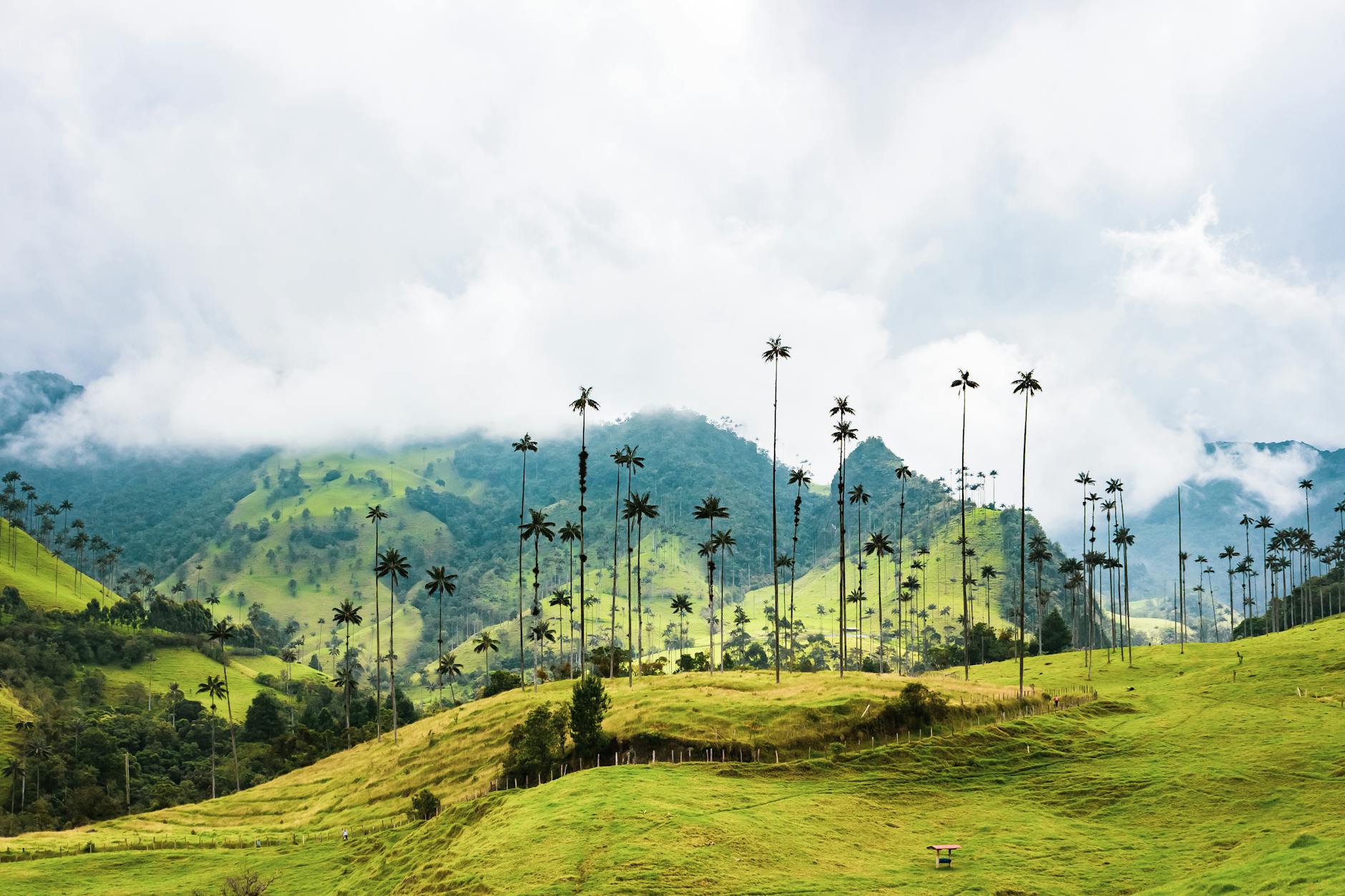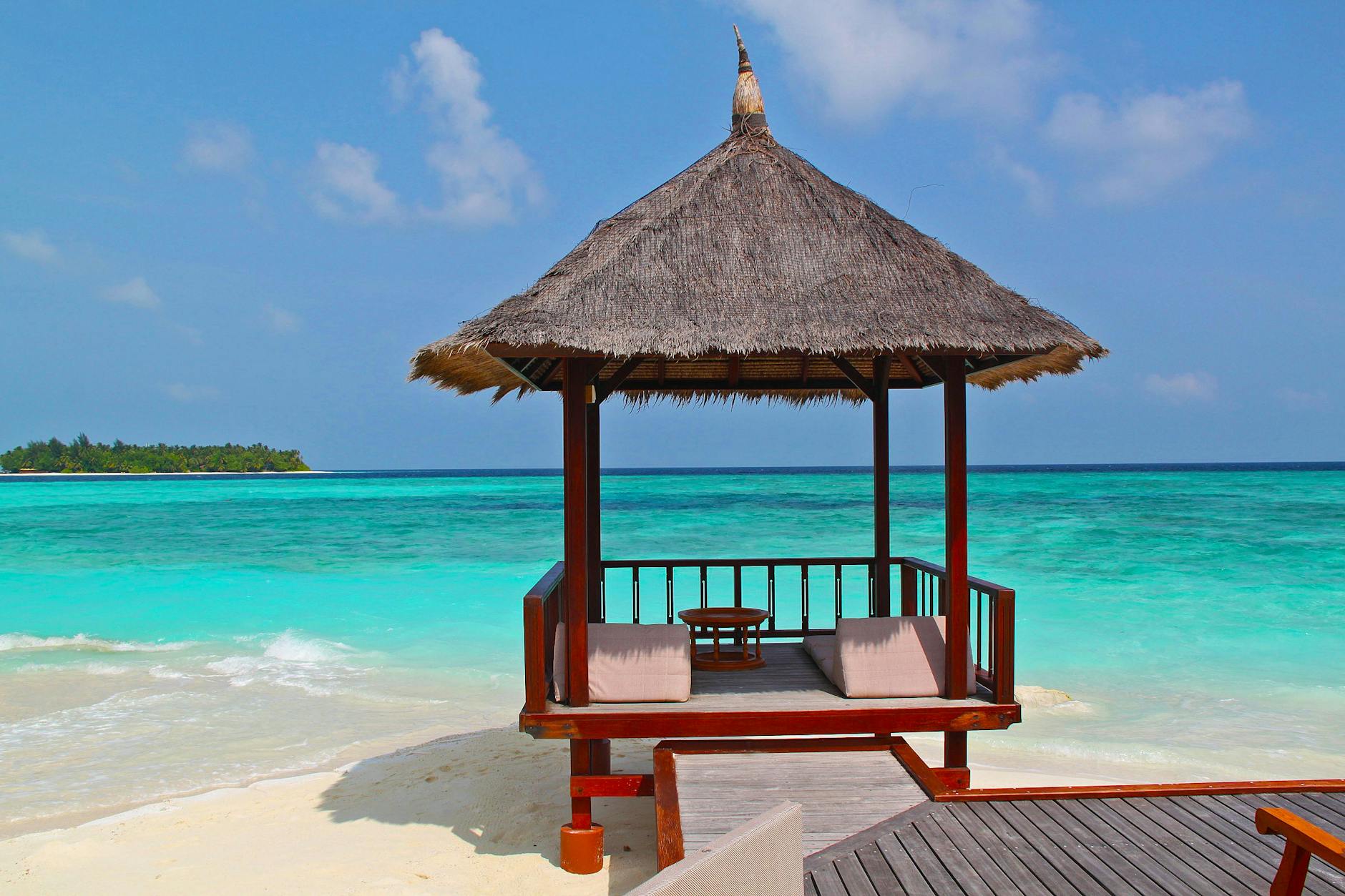How to Explore Australia with a Focus on Eco-Tourism

Planning for Eco-Tourism in Australia
Embarking on eco-tourism in Australia offers unique opportunities to engage with the environment consciously and sustainably. As I delve into these options, I appreciate the emphasis on understanding local ecosystems and conservation methods. Frequently, a visit to the Queensland Museum and Sciencentre can provide significant eco-travel insights, offering foundational knowledge for those interested in marine biodiversity and conservation. Exploring destinations like arctic cruises can provide both unique experiences and valuable educational opportunities.
Researching Eco-Friendly Destinations
Australia features a plethora of eco-friendly destinations that marry the thrill of adventure with environmental responsibility. Potential eco-travelers might consider the delicate marine ecosystems when choosing where to go. From the Northern Territories to the coastlines of Queensland, each location offers a unique glimpse into the world of marine life and conservation efforts. Tours like cuba tours present chances to witness firsthand the positive impact of sustainable travel practices.
Consulting Conservation Experts
Consulting with conservation experts can aid tremendously in shaping a meaningful eco-tourism experience. Aligning travel plans with expert insights ensures that tourism efforts contribute positively to conservation goals. Engaging in workshops or seminars dedicated to conservation efforts can illuminate potential challenges and solutions faced by these experts. Their firsthand experiences and guidance are invaluable in ensuring that travel choices support rather than hinder local ecosystems.
Understanding Regional Ecosystems
Thorough comprehension of the regional ecosystems is vital to eco-tourism planning. Factors like climate patterns, wildlife behavior, and environmental threats all play roles in shaping responsible travel decisions. Understanding these elements fosters respect for and conservation of the habitats encountered. With Australia’s diverse landscapes, from coastal reefs to inland rivers, a commitment to learning about these ecosystems furthers the pursuit of informed and respectful eco-tourism.
Exploring Marine Conservation Spots
Australia's coastlines are teeming with marine life, presenting incredible opportunities for conservation-minded travellers. As someone passionate about marine biology and oceanic preservation, I have a profound appreciation for locations such as the Great Barrier Reef and Ningaloo Reef. These sites are not mere attractions but vibrant ecosystems where critical conservation work is ongoing. Your adventure can contribute to protecting these treasures, much like visiting Brisbane's Moreton Bay Marine Park.
Great Barrier Reef Initiatives
The Great Barrier Reef is not just a world-famous destination; it is a living testament to the urgent need for marine conservation. Numerous initiatives are dedicated to preserving this iconic reef. Organisations are actively involved in coral restoration and protecting the reef’s biodiversity by running educational tours aimed at fostering awareness among visitors. Participants have the unique chance to directly assist in reef surveys and coral planting, contributing to preserving this natural wonder—an experience that inspires conservation efforts globally, including through South America travel initiatives.
Ningaloo Reef Conservation
Ningaloo Reef is another critical site for marine biology enthusiasts. The reefs here not only support a wide array of sea life but also provide a platform for conservation programs focusing on the unique interactions between marine organisms. Similar to experiences offered through Galapagos Islands tours, visitors can join expeditions that include monitoring local flora and fauna, participating in clean-up efforts, and supporting local initiatives that seek to protect these delicate ecosystems.
Citizen Science Opportunities
Both the Great Barrier and Ningaloo Reefs offer numerous citizen science opportunities to deepen your understanding of marine ecosystems. Engaging in coral breeding projects, fish counts, and other research initiatives enable travellers to contribute meaningfully while gaining invaluable eco-travel insights into the conservation process. These experiences are both enriching and a call to action for sustainable tourism.
Discovering Land-Based Eco-Tours
National Parks and Reserves
Exploring Australia's national parks and reserves offers an immersive experience into its lush landscapes and unique biodiversity. These pristine environments provide a sanctuary for rare and indigenous species, making them ideal for eco-tourists passionate about conservation and sustainable travel. For those of us who are marine conservationists at heart, venturing into these parks offers a complementary perspective on land-based ecosystems that mirror the marine environments we study so closely. Remember to pack eco-sensitive materials and engage with the local guides who offer invaluable knowledge of these areas.
Indigenous Culture and Ecology
Connecting with Indigenous communities is a powerful aspect of eco-tourism. Their deep-rooted knowledge of the land enriches any nature-based exploration, revealing layers of ecological relationships often missed in conventional tours. By prioritising Indigenous-guided experiences, not only do we gain insights into sustainable practices honed over centuries, but we also foster respect and support for the cultural heritage that sustains Australia's ecological diversity. A visit to the Lone Pine Koala Sanctuary can further connect travellers to the land through educational experiences highlighting flora, fauna, and traditional ecological knowledge.
Wildlife Conservation Sanctuaries
Wildlife sanctuaries across Australia play a pivotal role in conserving endangered species and habitats. Preserving these spaces requires an understanding of both ecological systems and the human impact on them. These sanctuaries often collaborate with conservationists to develop programs that engage the public in meaningful ways. Participating in such initiatives offers a hands-on approach to support wildlife preservation, echoing the educational thrill of machu picchu tours where every step enriches one's respect for nature. Focus on authentic interactions and engagements that leave minimal footprints on these crucial ecosystems.
Sustainable Travel Practices
Eco-Friendly Transportation Options
As a marine conservationist from Brisbane, I've witnessed the impact of travel choices on our ecosystems firsthand. Sustainable travel begins with selecting eco-friendly transportation methods. For local journeys, consider walking, cycling, or using public transportation. These options reduce your carbon footprint significantly and often provide a more immersive travel experience. For longer distances, trains can be a more sustainable choice than flights, especially if you're travelling between major cities.
Choosing Responsible Tour Operators
When planning eco-travel experiences, it is crucial to choose tour operators who are genuinely committed to conservation. Research is key—dig into an operator's background, scrutinise their environmental policies, and seek recommendations from credible sources or eco-travel blogs. Read reviews and look for certifications from reputable environmental organisations to ensure your choice aligns with sustainable practices.
Supporting Local Conservation Efforts
Supporting local conservation initiatives is another enriching way to contribute to marine preservation while travelling. Many tours, such as galapagos tours, integrate conservation projects into their itineraries. By participating, you can directly assist with ongoing projects, whether it involves data collection or habitat restoration. This active participation not only enhances your understanding of conservation issues but also aids local efforts in preserving natural habitats and biodiversity.
Adopting these sustainable travel practices doesn't just enrich your travel experiences but also actively supports the fragile ecosystems we cherish. Maintaining a responsible travel mindset is essential for ensuring that future generations can enjoy these natural wonders as well.
Mistakes in Eco-Tourism
Misjudging Tour Operator Ethics
Navigating the realm of eco-tourism requires a discerning eye, especially when it comes to selecting responsible tour operators. Many operators claim to support sustainable tourism, yet their practices may tell a different story. I find it essential to dive deeper than the eco-friendly labels, seeking tangible evidence of their commitment to marine conservation and community support. Verifying whether they contribute to local conservation efforts or engage in activities like volunteer travel Australia is key. As I often recommend at seminars, a great way to gain insight is by looking for affiliations with credible conservation organisations or initiatives right here in Queensland.
Overlooking Environmental Impact
It's easy to lose sight of the environmental footprint when wrapped up in the allure of a new destination. Yet, our choices—such as the eco-friendly resorts Australia or the transportation methods we select—have lasting consequences. Moreton Bay Marine Park offers pristine environments that demand our respect and cautious exploration. It's vital to adopt sustainable practices, like reducing waste and supporting establishments that prioritise green initiatives. An understanding of the delicate balance within these ecosystems can transform our travel into insightful conservation experiences.
Ignoring Local Guidelines and Practices
Amid the excitement of travel, ignoring local guidelines can counteract conservation efforts. Whether exploring the wonder of the Great Barrier Reef or trekking through Moreton Bay, adhering to local advisories ensures we don't inadvertently disrupt these fragile environments. The Queensland Museum and Sciencentre often hold exhibitions that underscore the importance of eco-conscientious behaviour. By following local practices, we not only enhance our travel experience but also contribute to preserving the natural wonders that define Australia's unique landscape.


